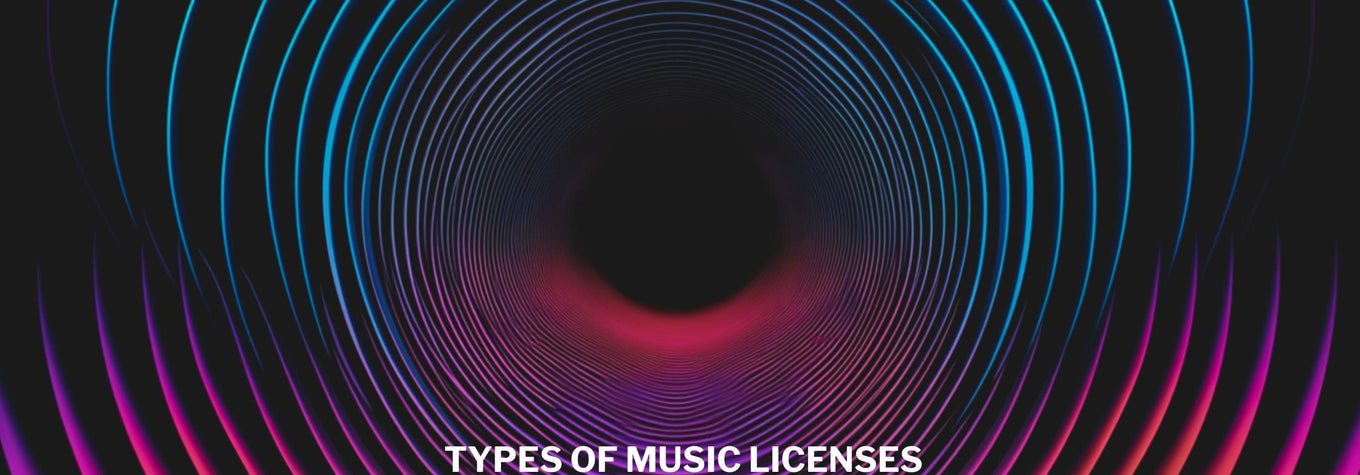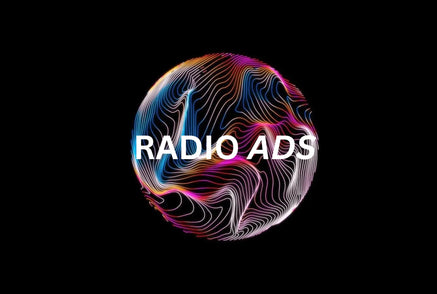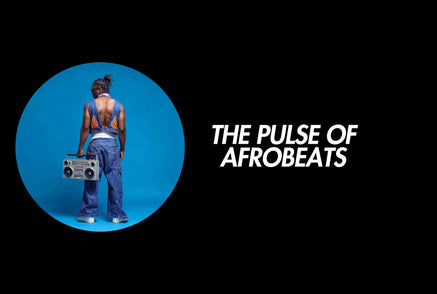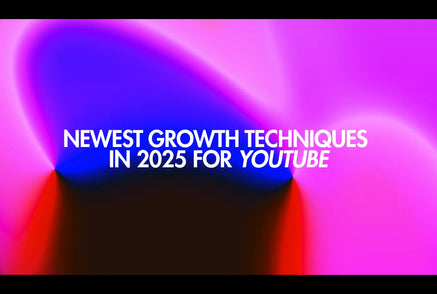Types of Music Licenses You Should Recognize
Everything that is generated by creators, whether it's music, writing, art, or something else, is an intellectual property. Other artists can't use it without permission from the owner, which means people have to ask you to use your music in their videos, movies, etc. A music license is a document that confirms your right to this song, album, or whatever you own. Licenses include detailed information about the terms and rights of using a specific piece of work.
When musicians begin their careers (for example, they start posting on music platforms like SoundCloud or Apple Music), they may not have full information about music licensing and understand why it's important. They may not spot the difference between a mechanical license and a master recording license, which is important for further advancement in the music industry. This article will provide a comprehensive overview of music licenses and explain why they are important. Keep reading to find out the most essential details about licensing.
By the way, check some impressive facts about music licensing
|
Fact |
Explanation |
|
Licensing Niche-Genre Music |
In 2024, genres like lo-fi, synthwave, and Afrobeat are gaining popularity in music licensing due to their unique sonic qualities and adaptability in media projects. |
|
Using Blockchain for Royalty Management |
Blockchain and smart contracts are streamlining royalty payments, ensuring transparency, and reducing the need for intermediaries in the music licensing process. |
|
High Demand for Custom Music |
Brands increasingly commission custom music to align with their identities and campaigns, fostering deeper audience connections through tailored soundscapes. |
|
Solic Streaming Revenue |
Streaming generated over $14.4 billion in 2023, showing the dominant role digital platforms play in the music industry. |
|
Vinyl Revival |
Vinyl records continue their comeback, with sales reaching $1.4 billion in 2023, marking their popularity even as digital formats dominate. |
|
Sync Licensing in Media |
Music licensing for sync placements in TV shows, ads, and video games remains a key income source for artists, with streaming platforms significantly increasing demand. |
Who Needs the Music License?
Music licensing is essential not only for musicians who record and publish songs. Producers, composers, recording artists, and other professionals directly involved in music creation, promotion, and distribution, should be granted an exclusive right to the track. Music licensing is an essential part of copyright law, protecting creators, distributors, and promoters from unauthorized copyright infringement. Moreover, licenses are needed for musicians to get revenue from getting their music streamed in someone's projects. Such licenses contain usage and term rights, determining how the song can be used. Overall, there are six types of music licenses:
- Theatrical license
- Public performance license
- Master license
- Print rights license
- Synchronization (Sync) license
- Mechanical license
If your song goes viral and you find out that some organizations are willing to use it in their promo videos, they will look for a license to make it happen.
How Is Music Licensing Organized?
To understand what types of licenses you need, it's crucial to understand the essentials of copyright law. According to current standards, performers, composers, and songwriters gain permission to control the usage and reproduction of content. This permission lasts the lifetime of a creator + a specific amount of time (usually, around 70 years). Also, it's essential to mention PROs (Performance Rights Organizations). These structures manage performance rights on behalf of publishers, composers, and songwriters. Whether you hear abbreviations like BMI, ASCAP, or SESAC, be sure that these are performance rights organizations. Music publishers, who usually work directly with musicians, negotiate for using licenses for various purposes (for example, in TV shows or movies). Also, if there's a need for digital downloads or music reproduction to CD, this issue will be handled by the music publisher.
Now, let's uncover the most important details about music licenses, why they are needed, and how to get them for various purposes.
Public Performance License - To Help You Get on Stage
You may be surprised, but you can organize music performances only when you have an appropriate license. It's required every time a track is performed, whether it's a live concert, a radio play, or a broadcast on the Internet. Public performance licenses are for personal usage only (for example, if you want to play someone's song in a bar or a restaurant). The same procedure works with concerts. If you want to sing a song in a venue, ensure you have appropriate permission to do so.
Getting a live performance license is possible via Performance Rights Organizations, and it will always have a specific price rate depending on how the singer will feature the music and where it will be played. In some cases, singers can purchase licenses themselves and play a song in any venue. Still, it's important to make sure the venue you attend has permission for the music you want to sing.
Mechanical License - For Production
A mechanical license is the one the right owner provides for the other side to play it or make the cover. Usually, a mechanical license (also called mechanical rights) is granted to distribute tracks to a wider audience and replicate selected music. Still, the music can be published in audio-only format (digital downloads, audio streams, etc.). According to the compulsory Law, publishers and musicians can't reject your license request. With this feature, unpopular artists get a chance to record music and make their first steps in the world of the big music business. Also, there are nuances in mechanical licensing. For example, if you release the music on Spotify, you don't need this type of permission (if you release it only on Spotify).
Synchronization License - One of the Most Common for Artists
A synchronization license, which is also called a sync licensing, is one of the most common for musicians. It allows other individuals, companies, or brands, to use your content for their purpose. For example, when you hear Eminem's Venom song in the Sony Pictures Movie, it means that the company owned a synchronization license and gained permission to use this music in their motion picture. There are three major players involved in the synchronization license:
- The rightsholder who owns the master recording and publishing songs.
- The music supervisor standing between the rightholder and the ultimate decision-maker from the other side.
- The ultimate decision-maker who decides to use the music in videos, games, clips, etc.

Despite having only three key players in the ecosystem of sync music licensing, it takes time to negotiate the agreement.
Print License - For Sheet Music and Lyrics
In case you need to produce lyrics of your tracks in digital and physical formats, you have to own a print license. With it, you get rights for the reproduction and distribution, as well as the usage of musical notation of composition and lyrics in various formats. For example, if the lyrics are published on posters and T-shirts, this is the jurisdiction of a print license.
There's also a special type of license: Creative Commons license. It's a free copyright document needed to use recordings, tracks, or live performances for free. This is a limited agreement and it requires you to credit the right holders when using their content.
How to Get a Music License as a Content Creator?
For content creators, getting a music license won't be a problem. If you want to get background music for your content, contact music licensing companies and get your permission. ASCAP, Marmoset, and other agencies will help you in a flash, as you won't even negotiate with the right holders. Moreover, you are free to customize music by cutting, editing, and adding special effects to achieve the needed effect.
Wrap Up
For the first time, everything you may hear about music licenses may sound scary and complicated. However, it gets much easier when you understand the purpose you need a license for. Whether you need to play music in your videos, produce lyrics, or play someone else's track, it's essential to obtain permission.
What music licensing companies are the best?
What is the most expensive music license of all time?
How to get a license for a song as a musician?






















Marcus Denver
I run a small label, and this blog post is something I now share with every new artist we sign. Licensing can be a tricky subject, but Artist Push broke it down in a way that everyone can understand. Great resource!
I run a small label, and this blog post is something I now share with every new artist we sign. Licensing can be a tricky subject, but Artist Push broke it down in a way that everyone can understand. Great resource!